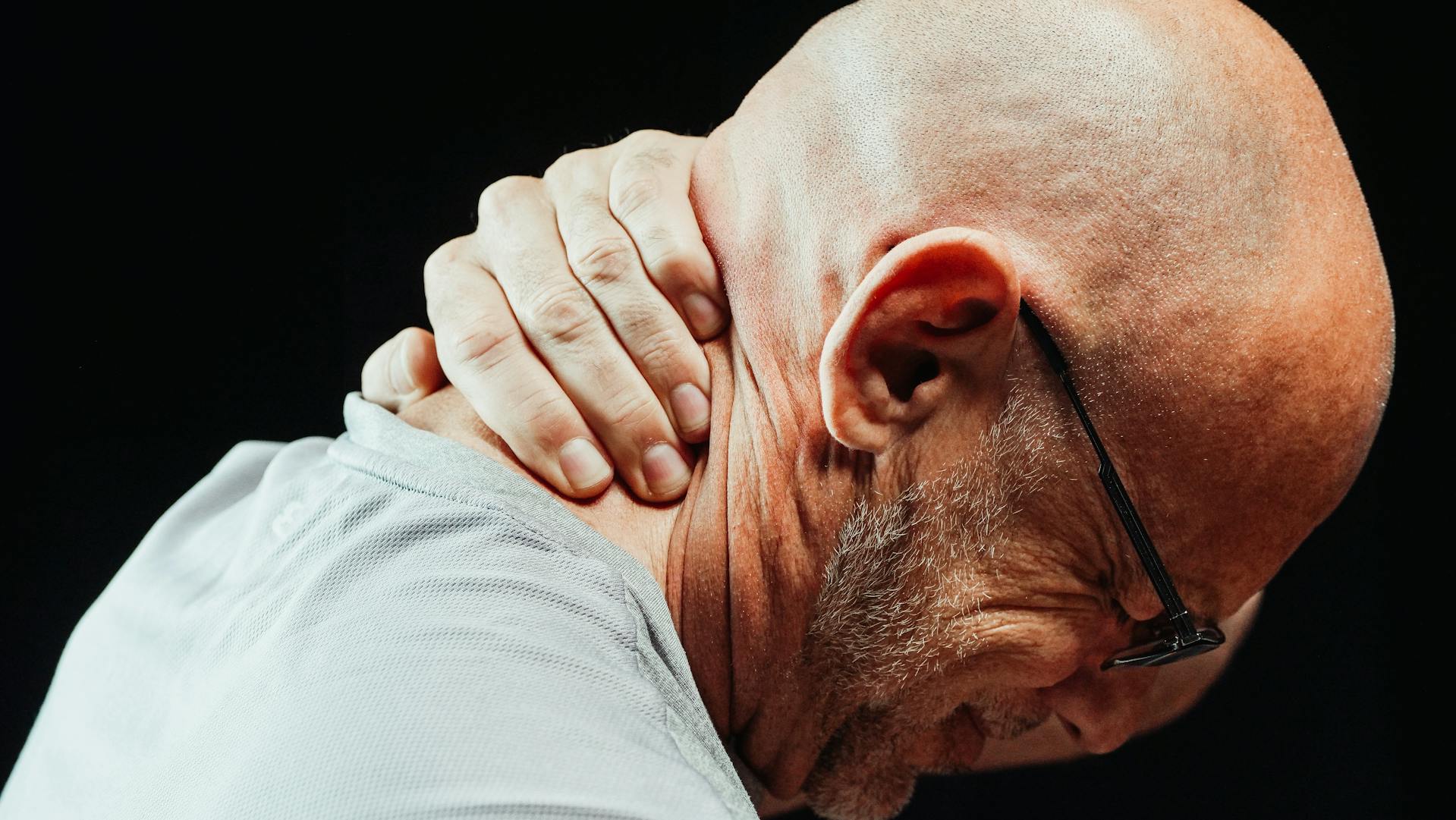A Brief Explainer On Personal Injury Suits And Damages Associated With Loss Of Income

Unfortunately, injury accidents are an inevitable part of life. Machinery breaks down, people are fallible and make mistakes, and the forces of entropy and the elements can cause unpredictable damage to people, buildings, tools, and everything else we use and interact with on a daily basis.
Thankfully, most accidents don’t result in significant injury and death. For the rare cases in which an accident causes serious injuries and dire consequences where a person is unable to perform activities of daily life and earn an income, victims have recourse against those liable for the accident.
In order to assess if the victim of the accident has a viable case, it is important to identify what constitutes lost income and other pertinent legal terms, the legal hurdles they need to clear, and what damages are available to them if the case is successful.
Defining Terminology
Personal injury suits can involve a number of different damages incurred by the victim, including past and future medical bills, loss of income, pain and suffering and property damage. Loss of income is distinct from other damages in that it not only accounts for the direct loss of income from the hours the victim cannot work, but also any potential missed opportunities for overtime, bonuses, or career advancement.
The loss of real and potential income can be split into two primary categories: loss of income, which is the direct economic loss from the time of the accident to the date that they are able to return to work, and the loss of capacity, which represents the potential loss from working normal hours, bonuses, overtime, and other variables. Loss of income can cover the initial recovery time, intermittent interruptions caused by follow-up medical treatments and therapy and future loss of work as a result of a disability.
In order to receive restitution for loss of income, you will need to show that the injury directly caused the missed hours of work or loss of employment. This represents a significant legal hurdle you will face during the trial.
Legal Hurdles
The victim of the accident will need a full accounting of the resultant medical records that tie the injury directly to the accident. The doctors responsible for their care will need to provide proof that the injury was severe enough to impair their ability to work and a timeline of the various stages of recovery. If further medical care or therapy is needed after the initial recovery process, then those records will need to be included.

Providing proof of the injury and its direct impact on the victim’s income is only the first of many legal hurdles that the victim will face during a trial. Legal considerations such as statutes of limitations, which dictate the period of time after an accident a plaintiff may bring a lawsuit forward, contributory negligence, or what actions the plaintiff took that may have contributed to the accident, and failure to mitigate damages, will likely be brought up by the defendant.
In order to overcome these hurdles, it is heavily recommended that any victims of an accident or their family consult a personal injury lawyer about their options as soon as possible. A professional attorney can help them determine what records are necessary to procure and how to best position themselves to be successful if they bring a claim or suit forward.
Damages
The damages a plaintiff can expect are fully commensurate with the wages or other income that they can reasonably prove were lost as a direct result of the accident. If the plaintiff is able to prove that the accident caused a loss of income but cannot prove that the accident caused a loss of capacity, then they will only be reimbursed for the hourly wages and/or revenue that were lost and the hours that will be lost from follow-up treatment.
This is yet another reason to enlist the services of an expert legal team if you are the victim of an accident. Legal representatives like Villasenor Law Offices can assist you in finding the proof you need to show the court that the accident caused a loss of both income and capacity and ensure you receive the restitution you deserve.
Disclaimer: The content of this website or any blog is for information or educational purposes only. Nothing on this website or blog should be considered legal advice for any individual case or matter. This information is not intended to create, and receipt or viewing does not constitute, an attorney-client relationship.
